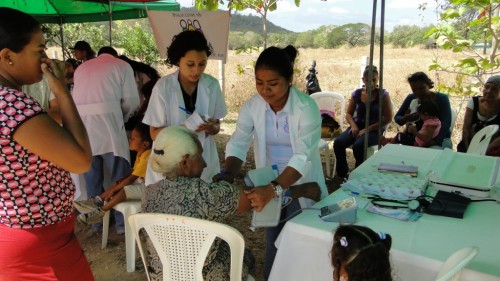 Down the road going north from my vacation home in Nicaragua, you pass two hamlets, both bearing the same name: Limon.
Down the road going north from my vacation home in Nicaragua, you pass two hamlets, both bearing the same name: Limon.
Most of the families that live there have at least one member who works for Rancho Santana, the residential real estate development my partners and I started 13 years ago. Some work as guards, some as groundskeepers. Others work as housekeepers or gardeners. Still others have found employment as bartenders, waitresses, lifeguards, plumbers, carpenters, mechanics, electricians, or laborers.
The homes they live in are two- or three-bedroom wood-framed or clay-block structures. They travel to and from work by bus or bicycle. They get their water from community wells. Their children go to local schools. When they get sick, they get medical treatment at the clinic, which is financially supported by Rancho Santana.
It is a simple life but not without its pleasures. There are baseball games and soccer matches on Saturdays, church-sponsored events on Sundays, and many birthday parties and weddings and baptisms.
And ever since Rancho Santana erected a tower three years ago, everyone has a cell phone.
When I first came to Rancho Santana, these same families were living in abject poverty. Their houses were shacks put up on dirt floors. Their diet was rice and beans. And there was no medical care available less than an hour’s bus ride away.
The reason things are better now has nothing to do with international development agencies, government initiatives, or non-profit organizations.
 MarkFord
MarkFord